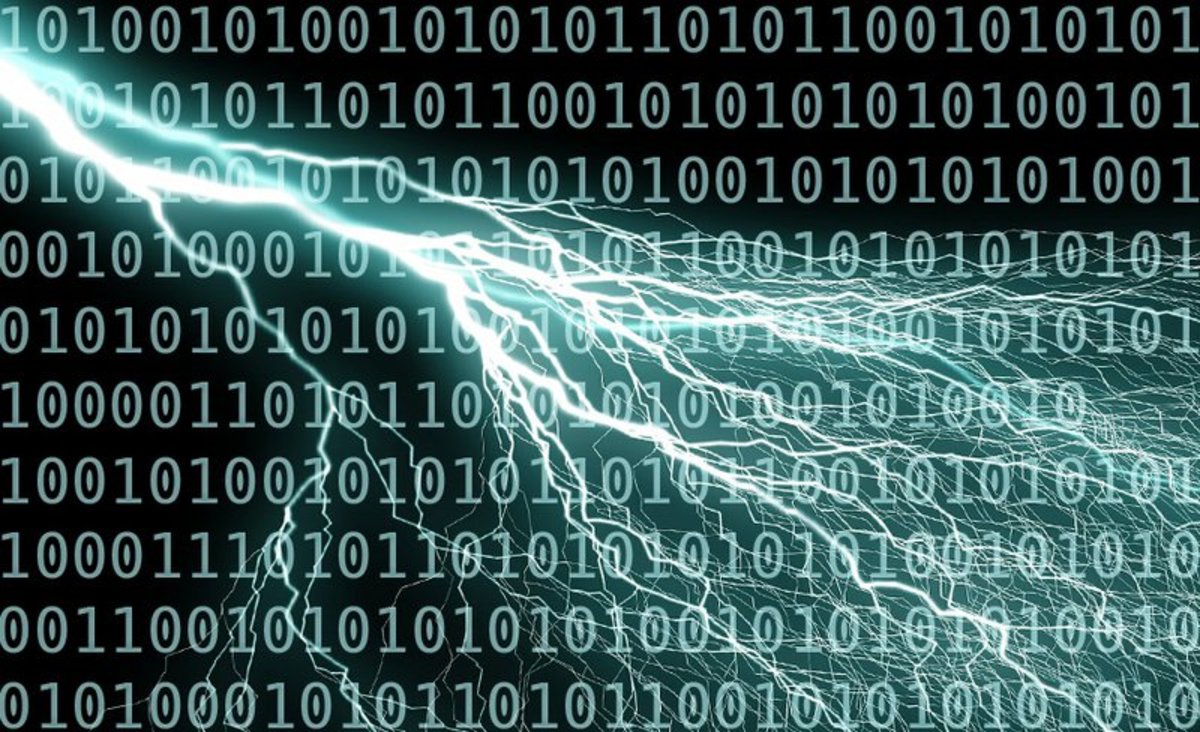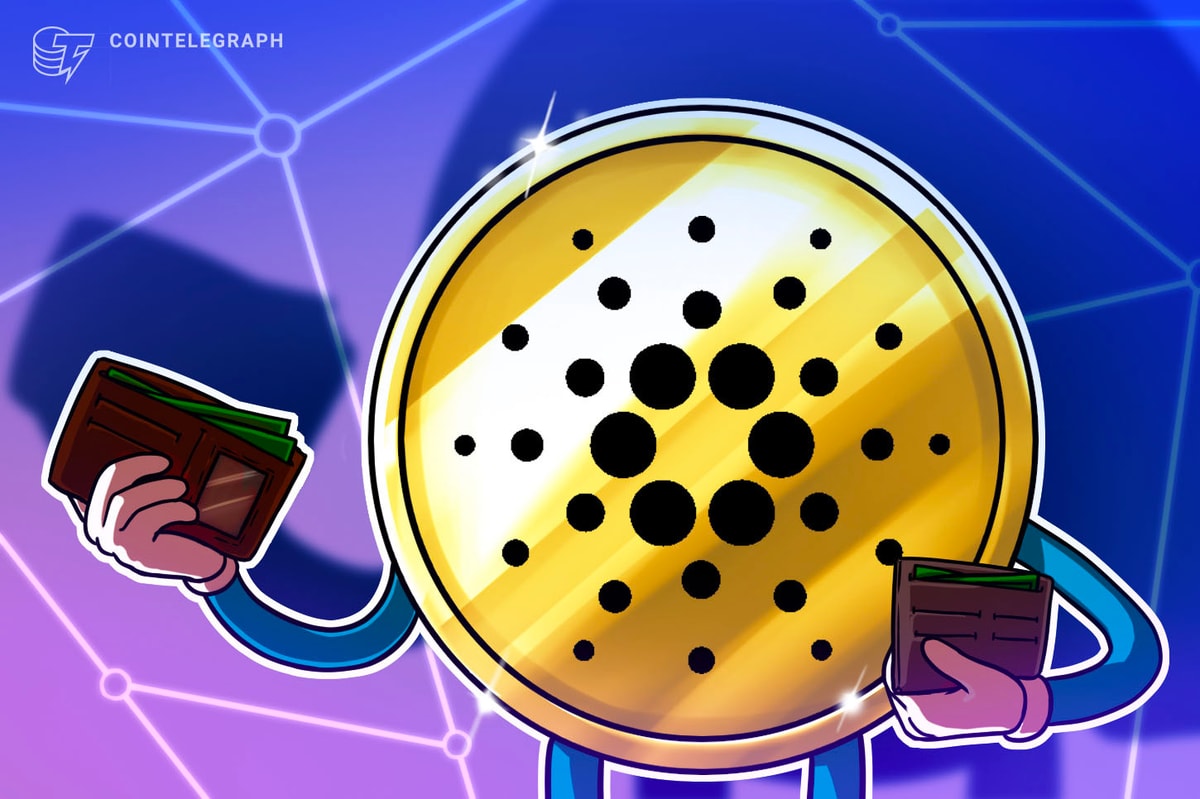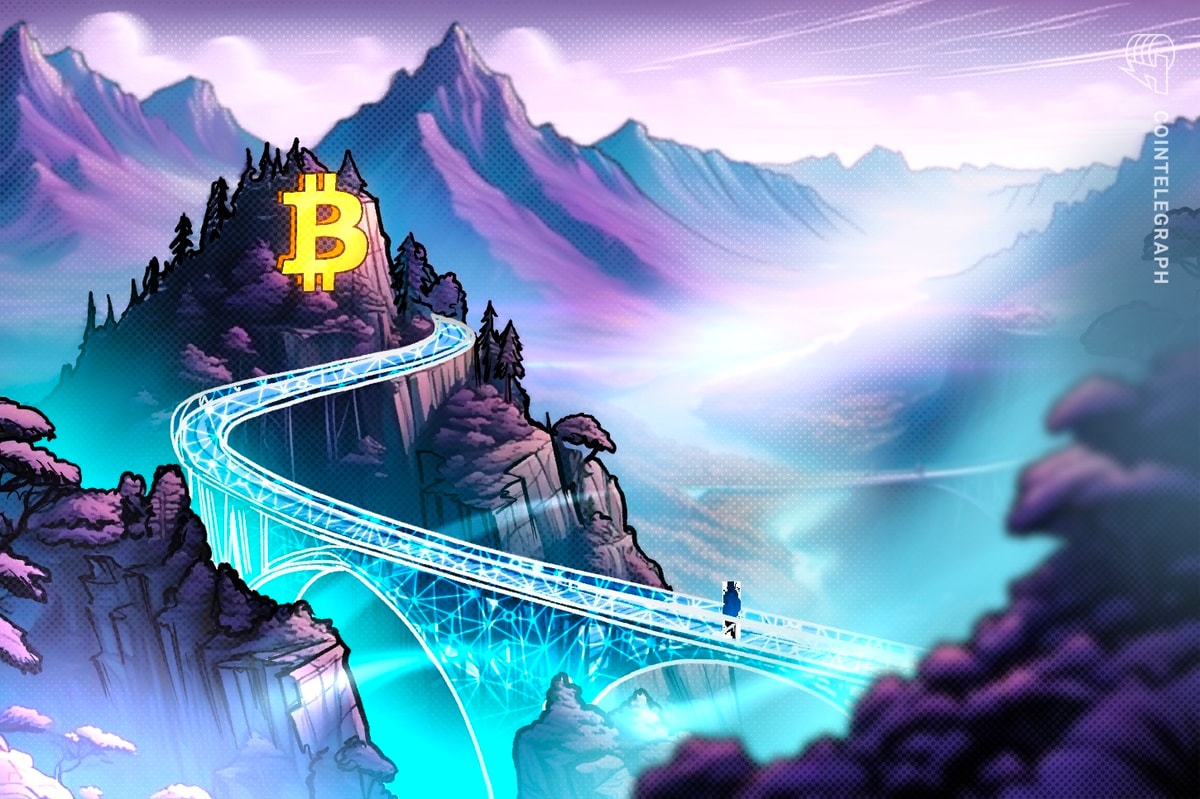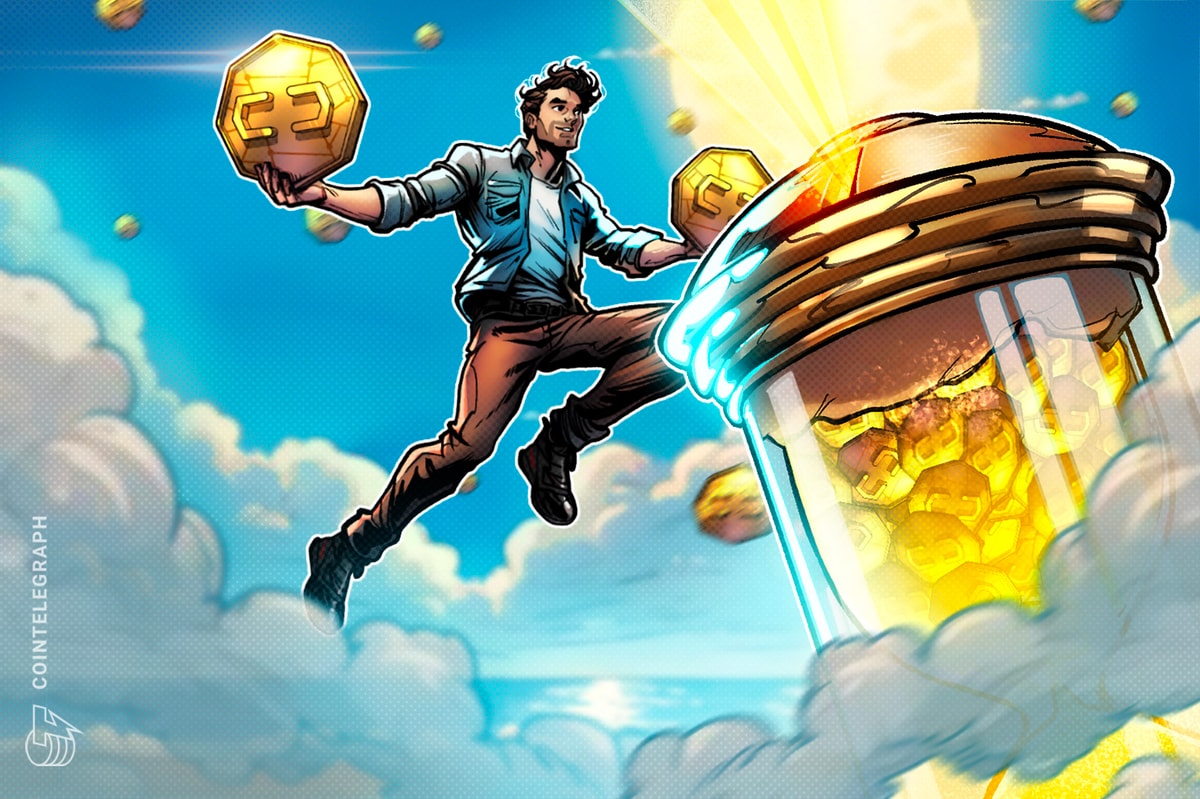
The
Lightning Network
is a design improvement for Bitcoin that could allow users to make
micropayments
in a decentralized manner and help the entire network scale more efficiently over time. While this proposal has received a large amount of attention in the Bitcoin community, there is another, similar option currently in development by
C.J. Plooy.
Plooy recently gave a presentation on his alternative implementation,
Amiko Pay,
at
Scaling Bitcoin
Montreal. During his talk, Plooy noted:
“If you look at the basic design of the Lightning Network -- a network of
payment channels
.
This is actually quite an old idea. There have been several variations of this, and the Lightning Network just happens to be the best so far.”
Different Types of Payment Channels Within the Same Network
Although there are strong similarities between Amiko Pay and the Lightning Network, Plooy was quick to point out some key differences between the two payment channel networks during his Scaling Bitcoin Montreal presentation. One of Plooy’s first points had to do with Amiko Pay’s ability to offer more flexibility when it comes to the types of payment channels that can be found on the network:
This kind of design makes it possible to have different kinds of channels within the same network, and that opens up a couple of possibilities. One thing is these channels can be different in technology, so they can offer different tradeoffs in terms of security versus convenience.”
Plooy went on to add:
Another difference is they could actually be running on different blockchains.”
The ability to construct a blockchain-agnostic network of payment channels is noteworthy when applied to sidechains. That sort of setup would allow transfers between sidechains to take place instantaneously. Plooy also added that nodes on Amiko Pay could essentially act as a decentralized exchange as different assets could be found on the same network.
Ripple-Style IOU Channel Already Implemented
Although Amiko Pay is still very much a work-in-progress, a channel prototype already is available. Plooy described this channel during his presentation:
What has been implemented right now is a
Ripple-style IOU channel that is not a real microtransaction channel. It is just an object that fills in the place of a microtransaction channel and only does some bookkeeping of who owes what. Of course, this gives no protection or security whatsoever, but for software testing it is really useful because it is trivial to implement.”
Although the currently available channel is essentially used only for software testing right now, Plooy added that it could also be useful for connections between trusted parties in the future.
What About a True Lightning Channel?
The developers behind the Lightning Network currently are working on a sidechain implementation of the concept because the network requires some changes to Bitcoin Core. Plooy decided to take a different approach with his system. He noted, “I don’t want to depend on the Bitcoin developers to give me those new features.”
Plooy described his alternative approach to implementing a lightning channel in Amiko Pay:
I designed a different channel type that emulates these missing features with an escrow service, so now you sort of have to depend on the escrow service to correctly evaluate all of the things that are not evaluated by a Bitcoin script.”
Plooy has written a white paper, which explains his escrow-based approach in greater detail.
I think it is actually good enough for real-world usage,” he said.
Plooy closed his talk by discussing a few of the remaining issues with payment channel networks, such as unresolved security holes and economic modeling that could hinder development over the near term. For now, it does not appear that these problems will prevent Amiko Pay or the Lightning Network from existing in the real world.










